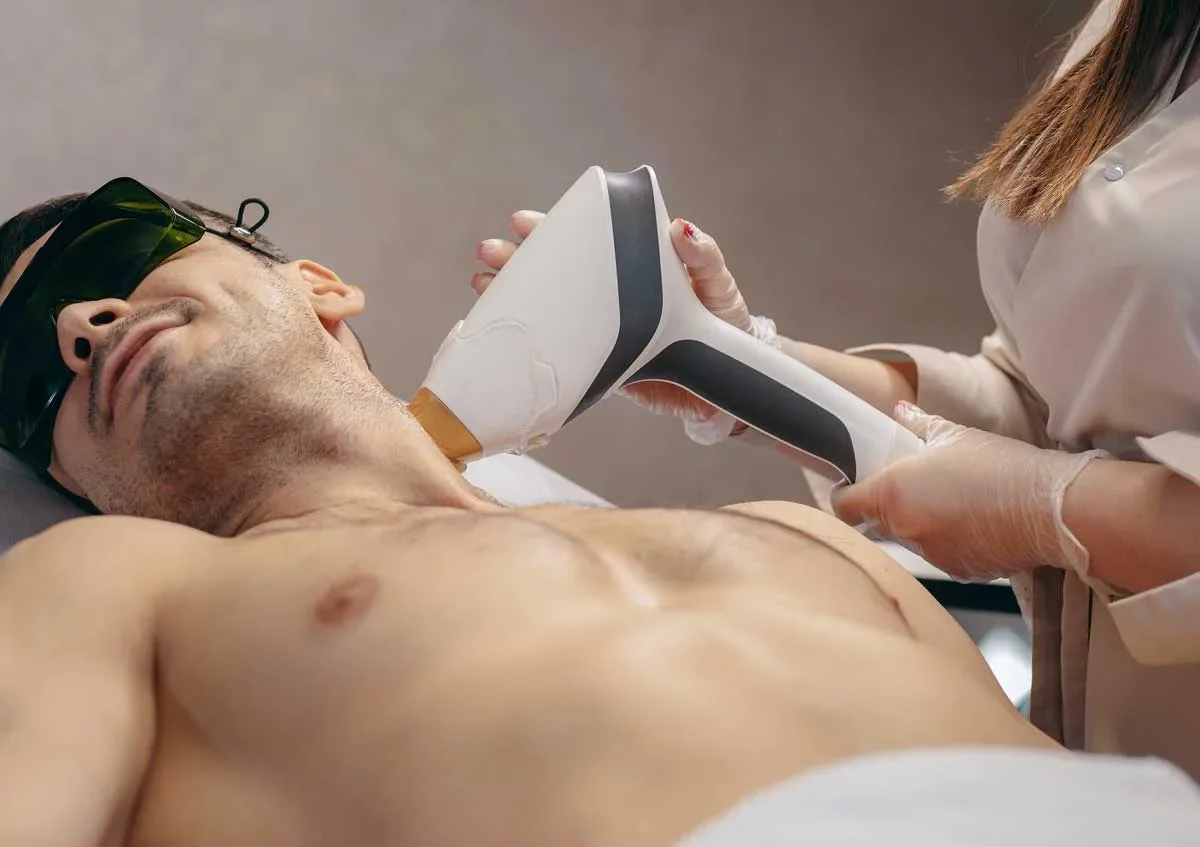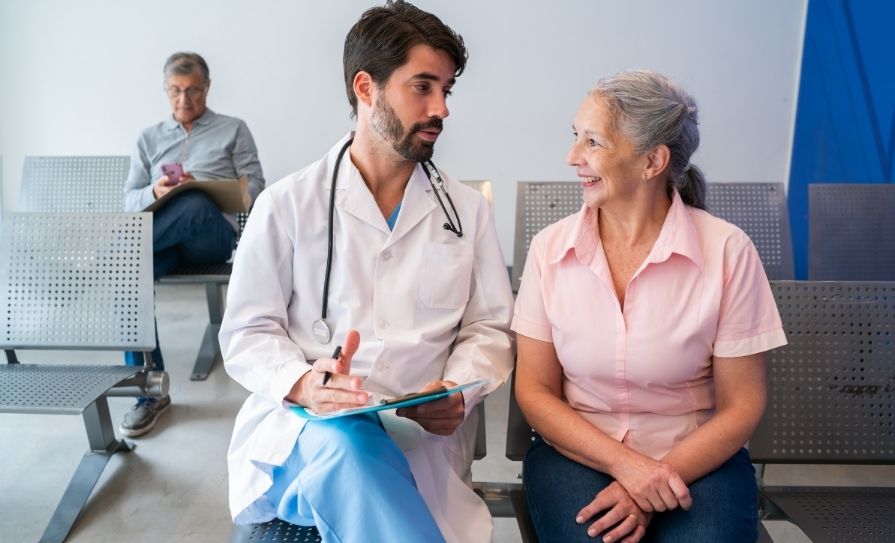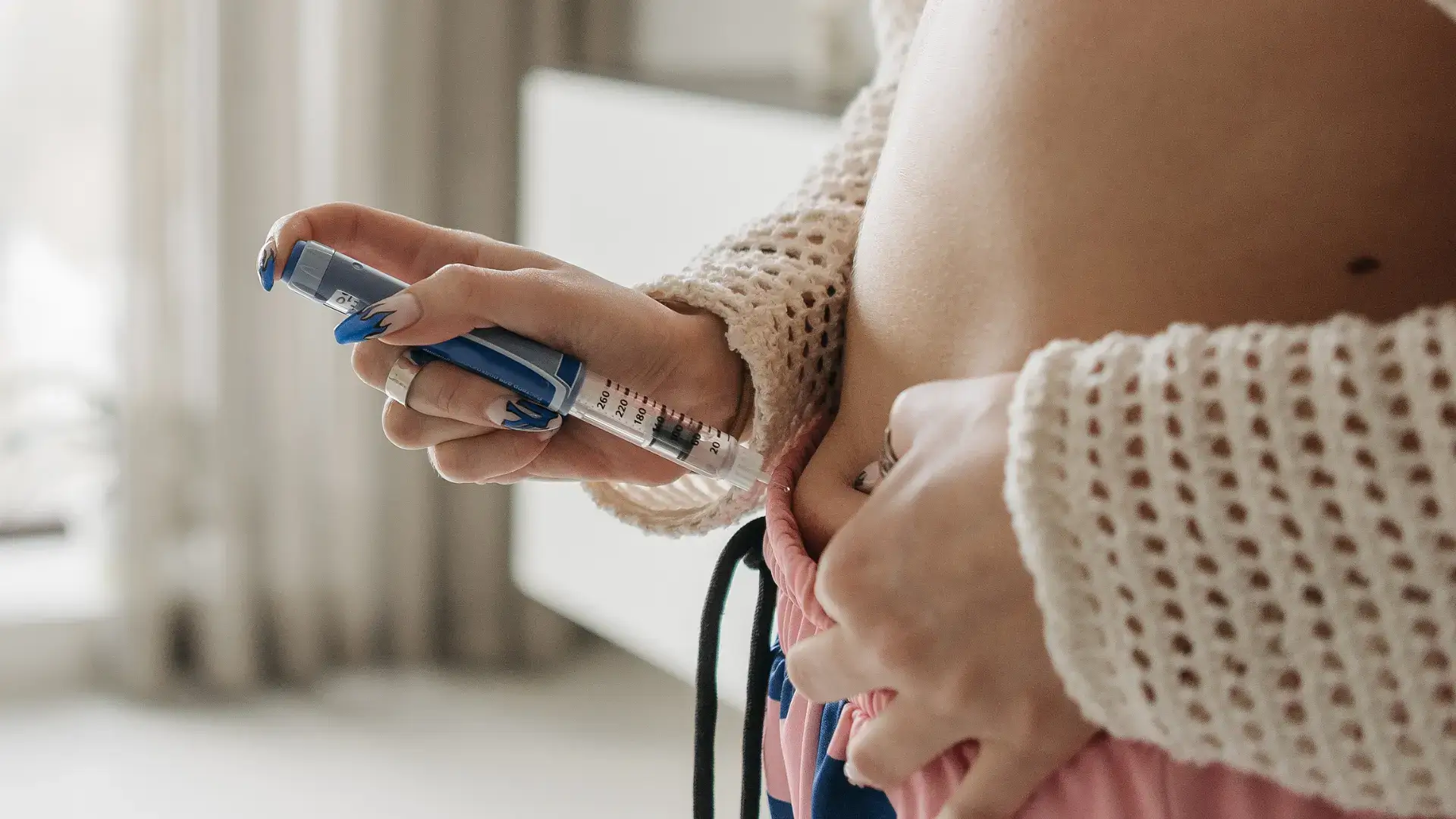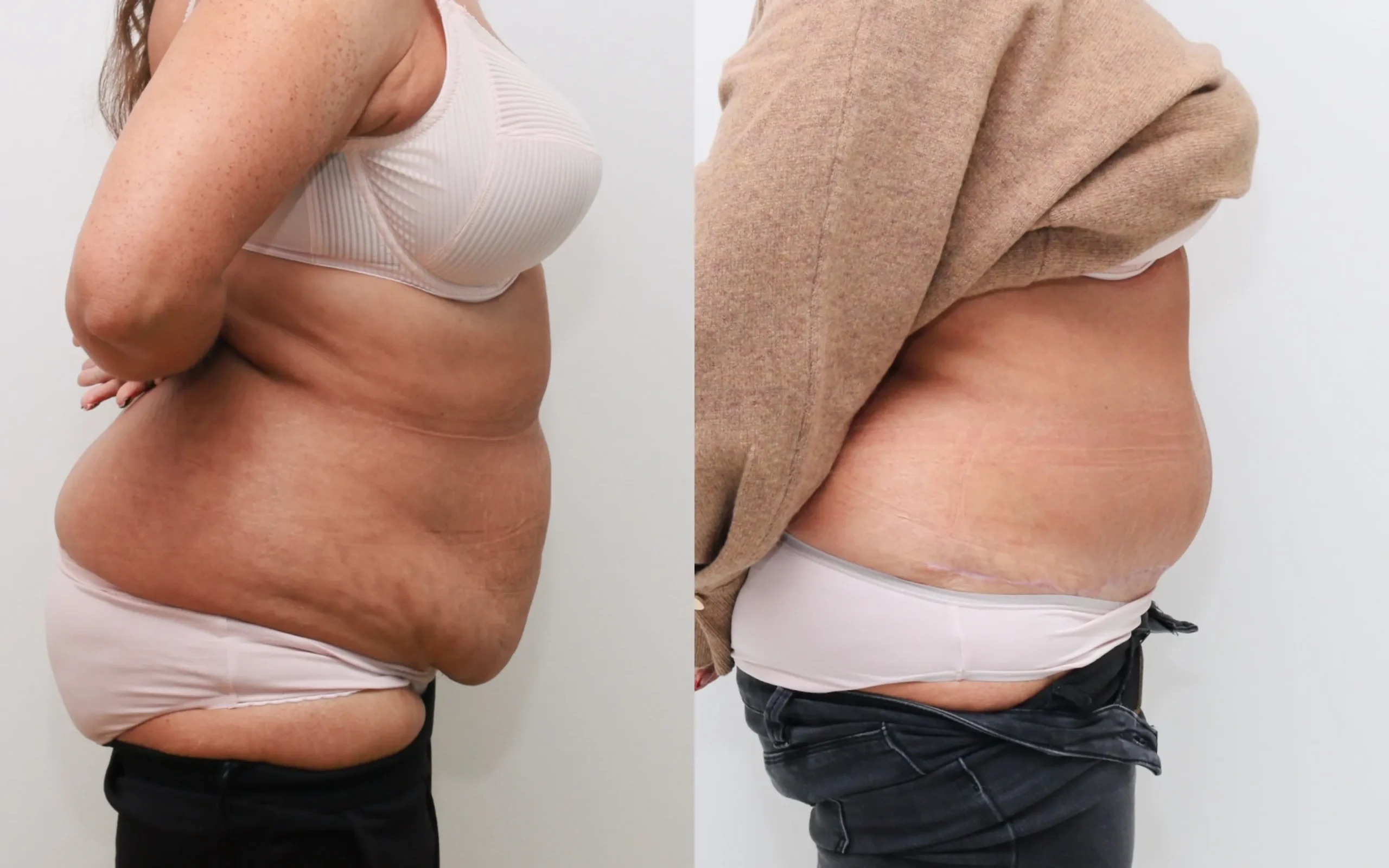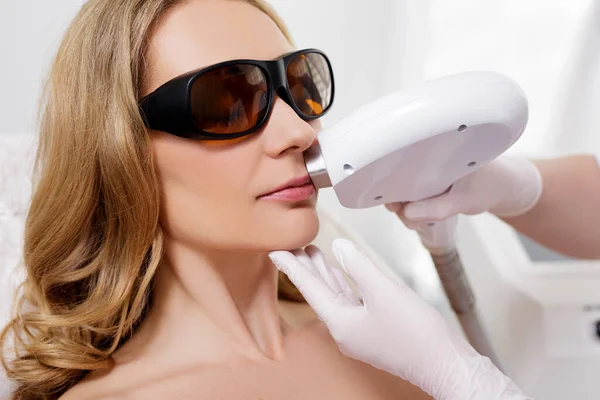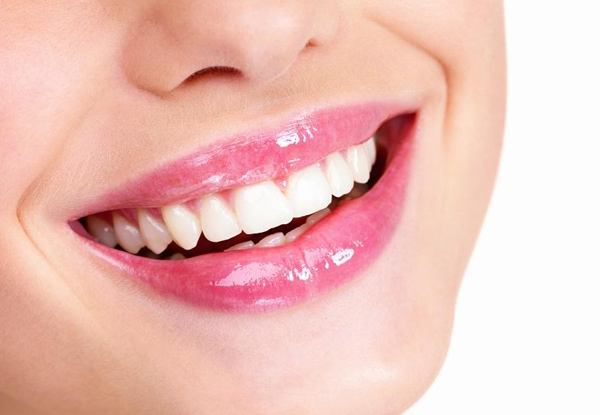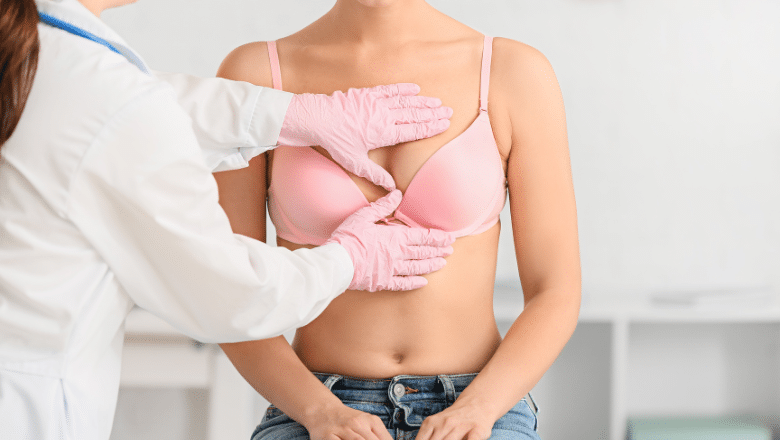 High-Converting Funnels – From Ad Click to Final Sale!
High-Converting Funnels – From Ad Click to Final Sale!
Is It Safe to Test for STDs After Unprotected Sex?
Written by Royal Clinic » Updated on: June 17th, 2025

Unprotected sex can be a nerve-wracking experience, especially when it comes to the risk of sexually transmitted diseases (STDs). If you’ve had unprotected sex, one of the first questions that might arise is: When is it safe to test for STDs after unprotected sex? This article explores the safety, timing, and importance of STD testing after unprotected sex, along with the factors to consider before taking a test.
Understanding STDs and Their Risks:
STDs, also known as sexually transmitted infections (STIs), are infections that are passed from one person to another through sexual contact. Some of the most common STDs include chlamydia, gonorrhea, syphilis, HIV, and herpes. These infections can have serious health consequences if left untreated, affecting reproductive health, increasing the risk of HIV, and causing long-term complications. Unprotected sex, meaning sex without a condom or other barrier methods, increases the likelihood of transmitting or contracting STDs. The risk is higher if one or both partners have multiple sexual partners, are not regularly tested, or if one partner is already infected with an undiagnosed STD Test Dubai.

The Importance of Early Testing:
Testing for STDs is critical to maintaining good sexual health, especially if you’ve had unprotected sex. Early detection allows for prompt treatment, which can prevent complications and reduce the likelihood of transmitting the infection to others.
Testing is essential for two main reasons:
Preventing Transmission: Many STDs can be asymptomatic, meaning you may not experience symptoms even if you are infected. This makes it possible to unknowingly spread the infection to others.
Early Treatment: Early testing enables timely treatment, often with antibiotics or antiviral medications, which can prevent the infection from causing long-term damage, such as infertility or chronic pain.
When to Test After Unprotected Sex?
One of the most frequently asked questions after unprotected sex is: How soon can I test for STDs? The answer depends on several factors, including the type of STD, the test used, and the timing of exposure.
Immediate Testing:
In some cases, immediate testing may be recommended, especially if there are visible signs or symptoms of an STD, such as genital sores, discharge, or burning during urination. If any of these symptoms occur, it’s crucial to seek medical attention immediately.
However, for most STDs, testing right after unprotected sex may not be reliable. It takes time for the body to produce enough of the infection for a test to detect. Testing too soon may result in false negatives, where the test shows that you are not infected, even though you may have contracted an STD.
The Window Period:
The "window period" refers to the time between potential exposure to an STD and the point when a test can accurately detect the infection. During this period, the body has not yet produced detectable levels of antibodies or viral material. The length of the window period varies depending on the STD.
For example:
HIV: It can take anywhere from 2 to 6 weeks after exposure for HIV to be detectable through an HIV test.
Chlamydia and Gonorrhea: These infections are typically detectable within a few days to a week after exposure, although some tests may take up to 2 weeks for accurate results.
Syphilis: This infection can usually be detected within 3 to 6 weeks after exposure.
Herpes: It can take several weeks or even months for herpes to show up on a test, as the virus often remains dormant in the body.
Optimal Timing for Testing:
It’s generally recommended to wait at least 2 weeks after unprotected sex before getting tested for most STD Test in Dubai. This waiting period helps ensure that the infection has had enough time to show up in a test, reducing the likelihood of false negatives. If you have concerns or need reassurance, it’s a good idea to speak with a healthcare professional to determine the best time to get tested based on the nature of the exposure and the types of STDs you may be at risk for.
Types of STD Tests:
There are various methods for testing STDs, and the type of test you choose can depend on the infection you’re concerned about. The most common testing methods include:
Blood Tests: Blood tests are commonly used to detect HIV, syphilis, and hepatitis. These tests check for antibodies or the presence of the virus in the blood.
Urine Tests: Urine tests are commonly used to detect chlamydia and gonorrhea, particularly in men. A urine sample is taken, and the laboratory checks for the bacteria associated with the infections.
Swab Tests: Swab tests are typically used for infections like gonorrhea, chlamydia, and herpes. A healthcare provider takes a sample from the genital area, throat, or rectum, depending on the type of exposure.
Pap Smear: For women, a Pap smear can be used to check for human papillomavirus (HPV), which is linked to cervical cancer. HPV tests may also be done separately.
Each test has its own window period and reliability, so it's important to consult a healthcare provider to determine which test is best for you.
The Risks of Delaying Testing:
While waiting a few weeks for an accurate test result may seem like a reasonable option, delaying testing altogether can have serious consequences. Untreated STDs can lead to complications, including:
Infertility: Untreated chlamydia or gonorrhea can cause pelvic inflammatory disease (PID), which can damage the reproductive organs and lead to infertility.
Chronic Pain: Some STDs, such as herpes, can cause recurrent painful outbreaks if not treated.
HIV: Early detection of HIV allows for early treatment, which can prevent the virus from progressing to AIDS and reduce the risk of transmission to others.
If you’ve had unprotected sex, it’s important to test for STDs as soon as possible. If you are unsure when to test or what tests to take, consult a healthcare provider for guidance.
Conclusion:
Testing for STDs after unprotected sex is essential for protecting your sexual health and preventing the spread of infections. While it may not always be safe or reliable to test immediately after exposure, waiting for the appropriate window period is crucial to ensure accurate results. Remember that early testing, detection, and treatment can prevent long-term health issues and help protect both you and your partners.
If you have concerns about STD testing or need more information on how to proceed after unprotected sex, seek professional advice from a healthcare provider. Regular testing and open communication with your partner(s) are essential to maintaining a healthy and safe sexual life.
Note: IndiBlogHub features both user-submitted and editorial content. We do not verify third-party contributions. Read our Disclaimer and Privacy Policyfor details.
Copyright © 2019-2025 IndiBlogHub.com. All rights reserved. Hosted on DigitalOcean for fast, reliable performance.


